On Wednesday, the European Parliament approved the implementation of the EU’s 2021 budget for most of the EU institutions, except the European Council.
Most of the EU’s expenditure is managed by the European Commission, whose budgetary performance was approved by the European Parliament with 421 votes in favour, 151 against and 5 abstentions. In 2021, the EU budget increased by roughly 30% compared to 2020, mainly because of the money spent from the Next Generation EU programme to fight the effects of the COVID-19 pandemic.
Vague criteria, weak controls, unknown destination
In a resolution accompanying the Commission’s discharge decision (adopted by 460 to 129 and 49 abstentions), MEPs voice concerns on the limited options the EU has to check how the money from the recovery facility (RRF) is being used. Since it was set up “under time pressure”, control requirements are lighter than those for other EU programmes and more reliant on the national authorities, which in some cases are “too error-prone and unreliable”. MEPs warn about the risk of misuse, fraud and organised crime , and ask the Commission to tighten checks on member states’ internal control systems to prevent and detect fraud, corruption and conflicts of interests.
The Commission must make sure that the RRF funding truly fulfils its purpose, say MEPs, concerned by “first indications” that in some EU countries RRF funds may be used to replace regular national expenditure rather than for the reforms and investments set out in national RRF plans.
The resolution raises questions about the Commission’s assessment of national compliance with ‘milestones and targets’ (conditional criteria for EU countries to receive RRF payments) and stresses their lack of clarity and comparable definitions. MEPs ask the Commission to refrain from assessing this compliance “on the basis of political negotiations”.
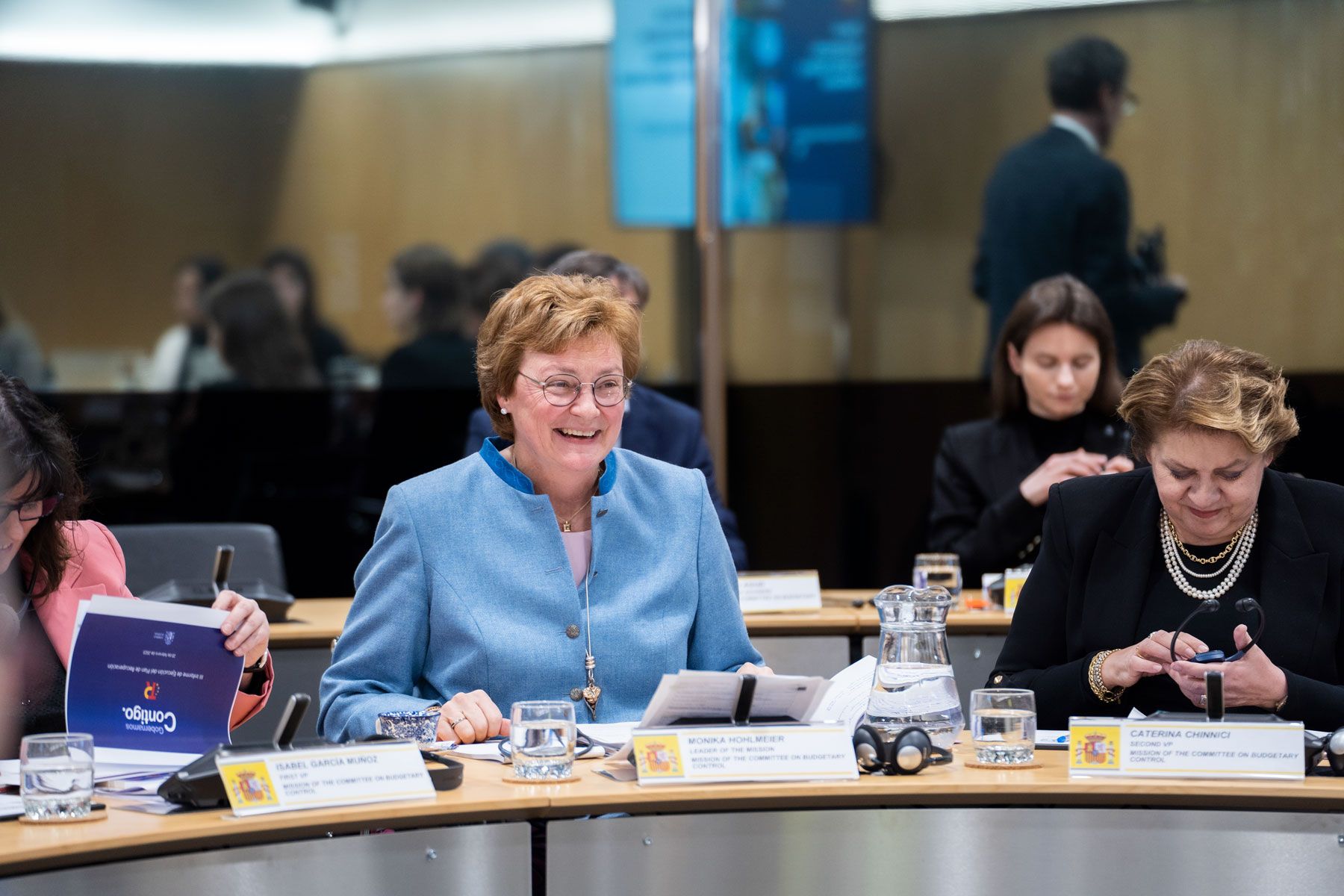
The visit to Spain by the European Parliament’s Committee on Budgetary Control to evaluate the recovery funds comes to an end |
Rule of law conditionality
MEPs insist that EU funds must be withheld from EU countries that subvert the rule of law. They welcome the application of the rule of law conditionality mechanism in the case of Hungary, with 55% of the country’s cohesion policy programmes being frozen. They note however that ‘the facts would have justified the freezing of 100%’ The Commission should continuously monitor the situation of rule of law in Hungary and Poland and keep funds frozen for “as long as the rule of law violations threaten the sound financial management of the Union budget”.
Black list of NGOs, excluded from access to EU funds and institutions
To make sure EU funds finance only organisations that strictly respect EU values, MEPs propose that a public black list of non-governmental organisations (NGOs) that engaged in activities such as hate speech, incitement to terrorism, religious extremism or misused EU funds should be set up, to block them from accessing EU institutions. They also want the Commission to propose a new regulation on NGOs that sets conditions for receiving EU funds and obligations to report sources of funding as well as activities performed on behalf of foreign actors.
Quotes
Ahead of the vote co-rapporteur for the Commission’s discharge Monika Hohlmeier (EPP, DE) complained that there is “still no information on how much of the RRF money has reached the real economy”, nor enough meaningful cooperation with the regions, to make sure that they benefit from RRF. “I have the impression that the ambition when launching the RRF has by far exceeded the reality of how it is being implemented on the ground”, she said.
Co-rapporteur for the Commission’s discharge Jeroen Lenaers (EPP, NL) said: “We call on the Commission to establish an effective mechanism to ensure that the NGO activities align with EU values”, said co-rapporteur Lenaers. “We remain deeply concerned about the rule of law situation in several member states, which not only undermines democracy but also poses substantial risks to the European Union’s budget. We are particularly concerned about Hungary, where corruption and an opaque public procurement system must be addressed through reforms within the context of the conditionality mechanism.”
More information: European Parliament


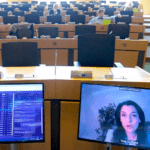

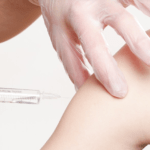
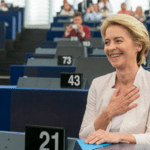
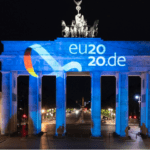
Leave a Reply